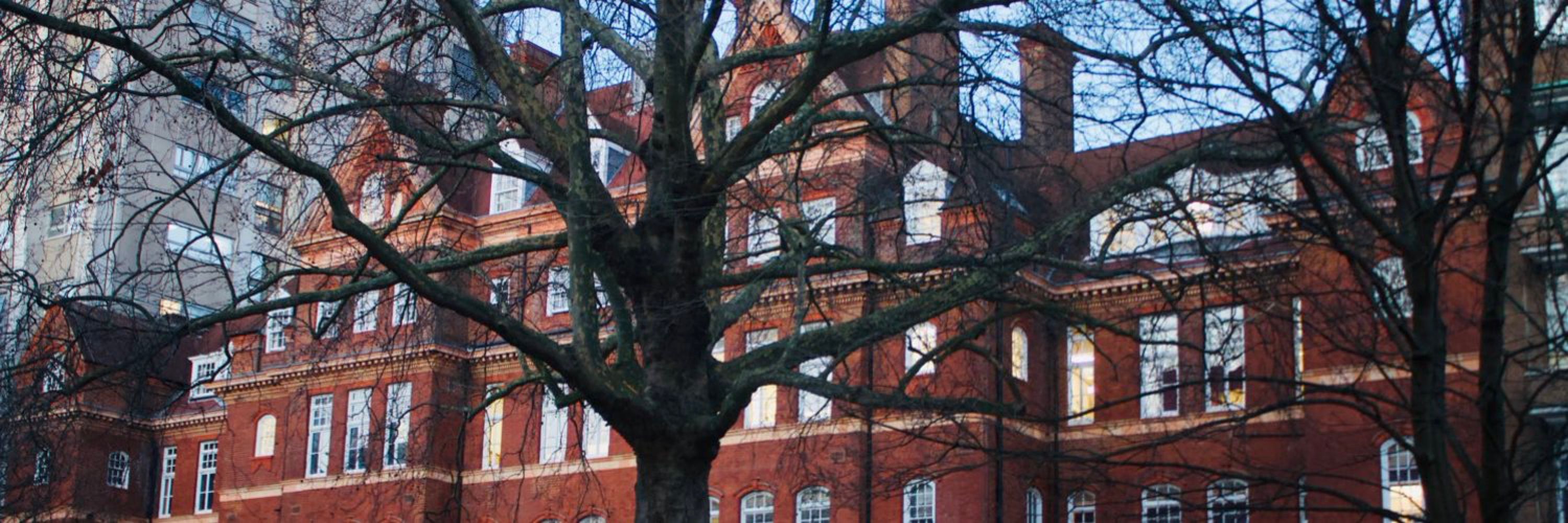
It was a pleasure connecting with patients, families and the wider public to share a glimpse into how we’re using cutting-edge techniques to study the genetics of neurological conditions. 🧠🧬🔬
@uclh.bsky.social @uclqsion.bsky.social

It was a pleasure connecting with patients, families and the wider public to share a glimpse into how we’re using cutting-edge techniques to study the genetics of neurological conditions. 🧠🧬🔬
@uclh.bsky.social @uclqsion.bsky.social
a wonderful opportunity to reconnect with colleagues and meet new faces from across CNMD community. Huge thanks to the QS CNMD consultants for hosting! 🥂
@uclqsion.bsky.social @uclqsneuromuscular.bsky.social

a wonderful opportunity to reconnect with colleagues and meet new faces from across CNMD community. Huge thanks to the QS CNMD consultants for hosting! 🥂
@uclqsion.bsky.social @uclqsneuromuscular.bsky.social
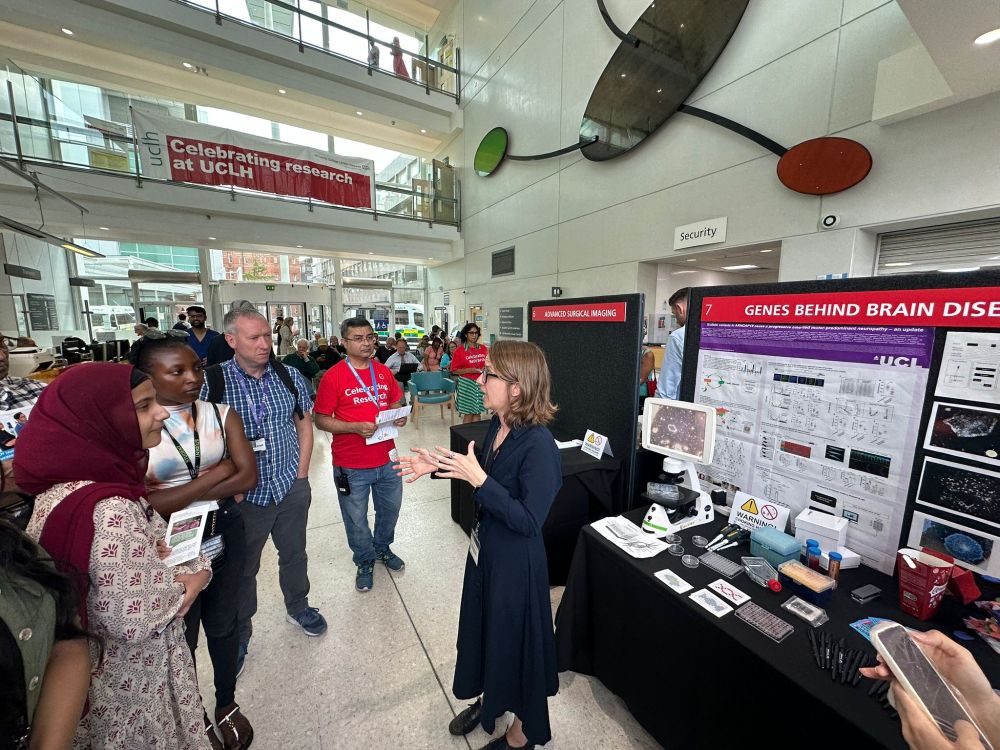
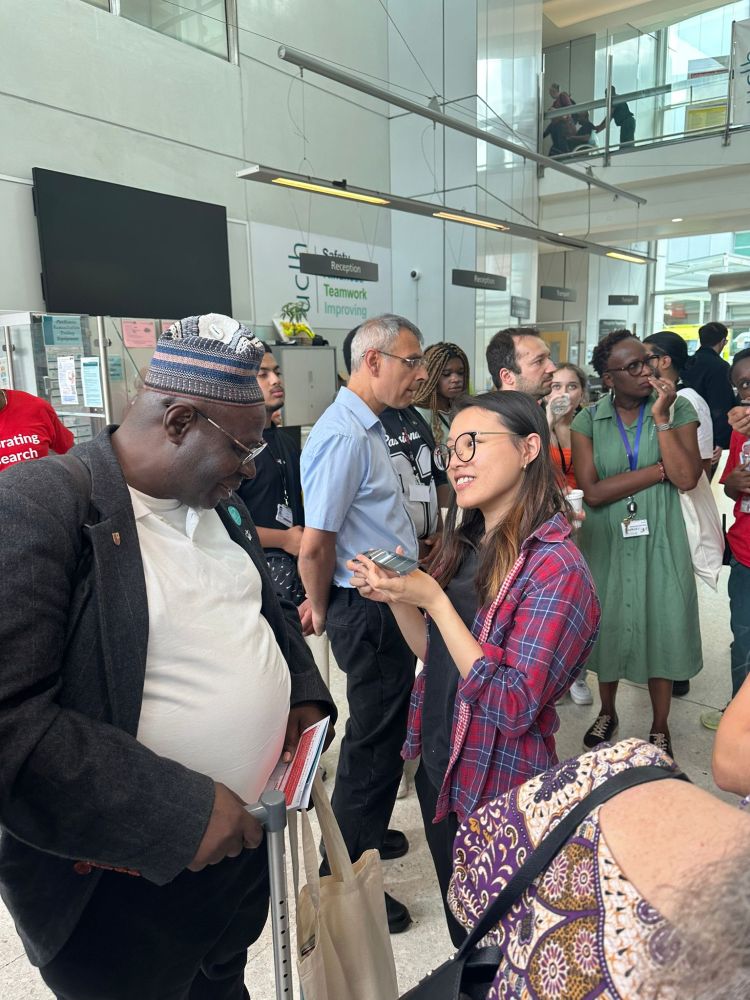
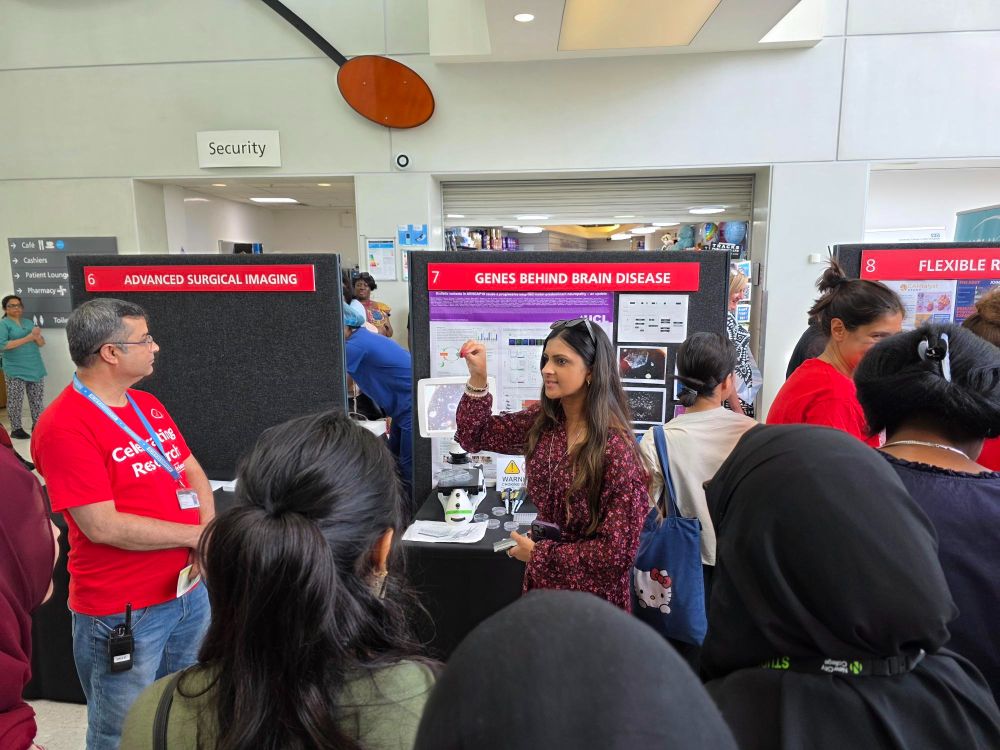
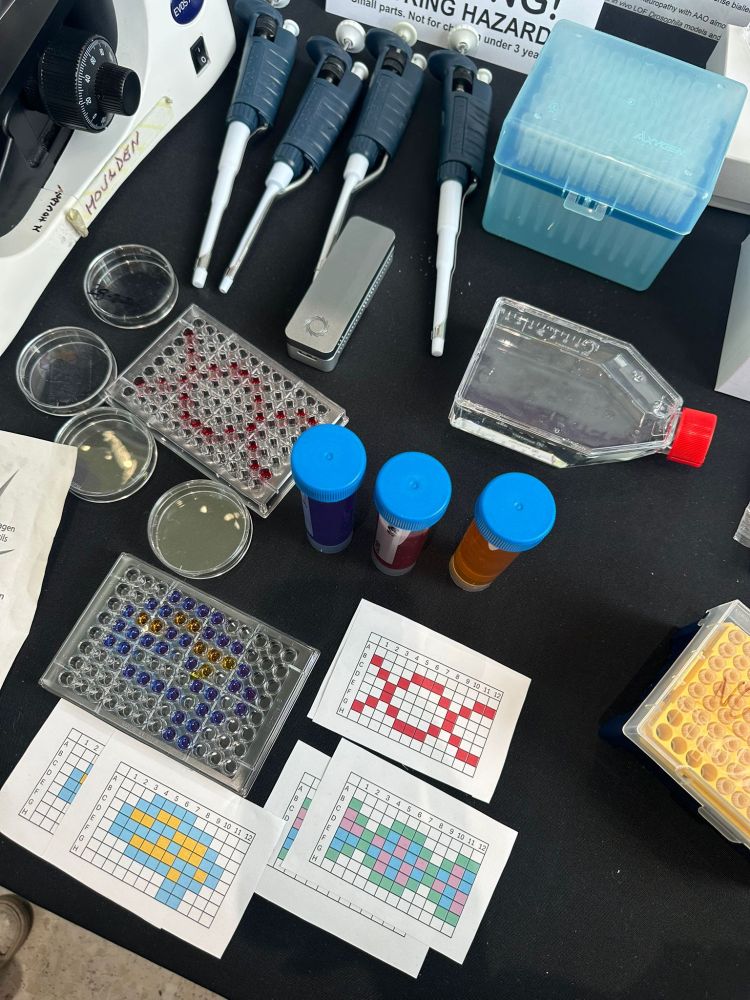
@rauankaiyrzhanov.bsky.social

@rauankaiyrzhanov.bsky.social
Read more: bit.ly/40ohafF
@uclqsion.bsky.social @uclbrainscience.bsky.social

Read more: bit.ly/40ohafF
@uclqsion.bsky.social @uclbrainscience.bsky.social
Play a key role in advancing neurogenetics research through cutting-edge sequencing.
Apply now: bit.ly/44h3XX8
@uclqsion.bsky.social @ukdri.ac.uk @uclbrainscience.bsky.social

Play a key role in advancing neurogenetics research through cutting-edge sequencing.
Apply now: bit.ly/44h3XX8
@uclqsion.bsky.social @ukdri.ac.uk @uclbrainscience.bsky.social



www.cell.com/ajhg/fulltex...

www.cell.com/ajhg/fulltex...
www.ucl.ac.uk/ion/news/202...

www.ucl.ac.uk/ion/news/202...

@uclbrainscience.bsky.social @uclqsion.bsky.social
share.hsforms.com/1XQaCRGiVQuG...

@uclbrainscience.bsky.social @uclqsion.bsky.social
share.hsforms.com/1XQaCRGiVQuG...




Join us at the MSA Symposium! Prof. Meissner’s talk on Distinct Progression Profiles in MSA will open an important discussion on MSA progression & its implications for treatment.
🔗 Sign up now: bit.ly/4bc61D7
@uclqsion.bsky.social

Join us at the MSA Symposium! Prof. Meissner’s talk on Distinct Progression Profiles in MSA will open an important discussion on MSA progression & its implications for treatment.
🔗 Sign up now: bit.ly/4bc61D7
@uclqsion.bsky.social




www.ucl.ac.uk/ion-dri-prog...

www.ucl.ac.uk/ion-dri-prog...


